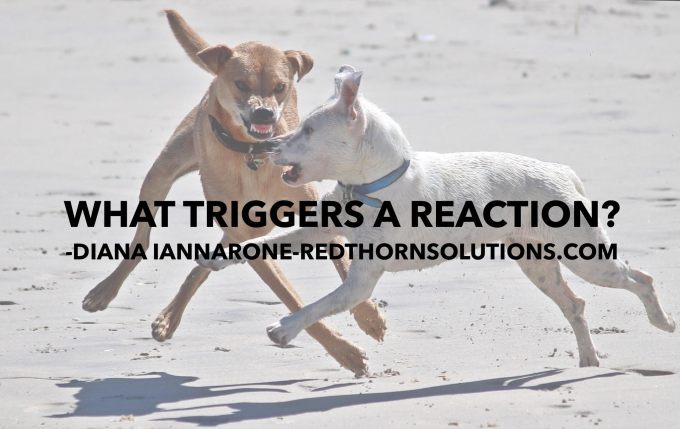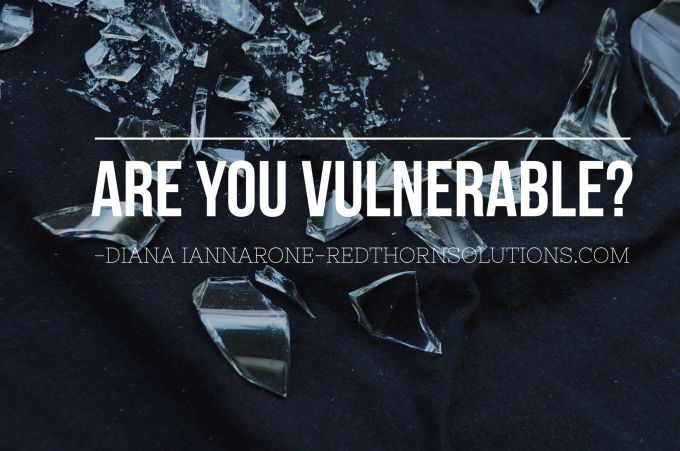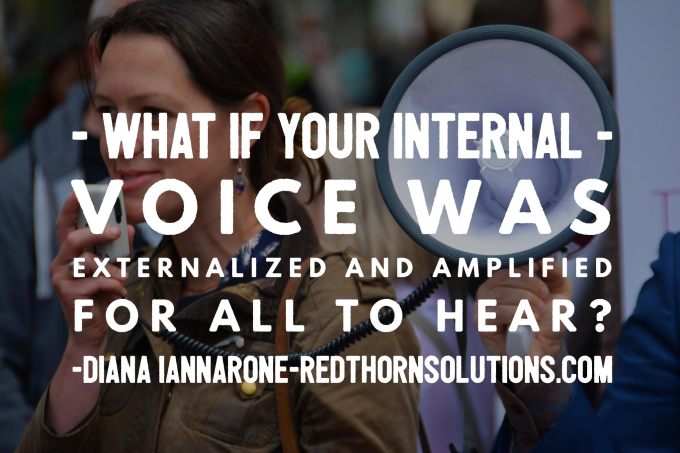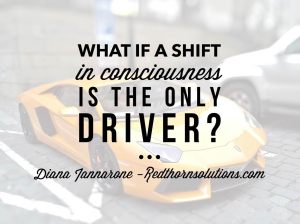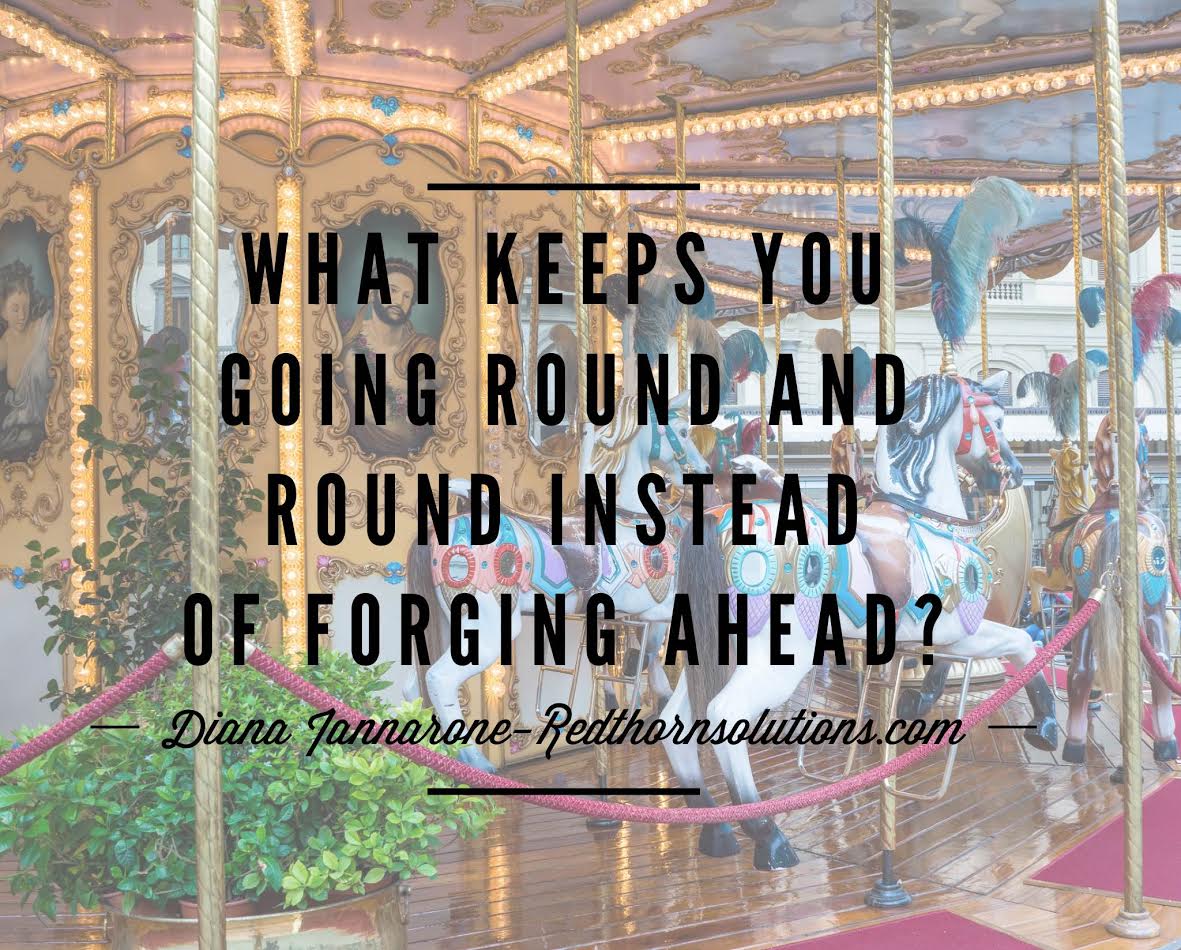I wrote my story in my book Me & My Shadow, Move from Fear and Control to Love and Freedom to help people Wake Up, Stand Up, and Live Freely. I designed it as more of a guide, helping people know how to look within and heal themselves so they can live life on their terms and eliminate all abuses in their life. The root of our issues are often found in our lack of self-esteem, which is very different than self-confidence. My book explains in depth how to restore your power and your sense of worth. Today, I decided to put a portion of a chapter from my book here. If you have the book, this chapter begins on page 173. Obviously the previous pages were building up to this chapter, and the following pages help paint the full picture, yet I still felt there are some takeaways that can help.
A critical truth that is often not recognized is that a sociopath/manipulator/narcissist is looking for someone with low self-esteem and high self-confidence. This is in contrast to what most people expect, yet, it makes sense if you consider these individuals objectify people and in all things they want to win. And to win in the game of chess, which is the premise of their life, they need a piece they can leverage. What good is having control over a chess piece that has no power? And who has more power than the Queen?
The following words may shed some further light.
Self-Confidence & Self-Esteem
Your power and strength have remained dormant in your life if you have allowed yourself to be beaten down, judged, belittled or made to be small, in any or all of these areas we have been discussing [Spiritually, Financially, Emotionally, Physically, Mentally]. Perhaps the abuser was someone outside of yourself, or merely your own self-talk or your own treatment of yourself. Regardless, it is time to embrace ALL of you, all of your aspects of yourself. All capacities you possess.
By now I hope you are clear that you have always had both the capacity for good and the capacity for evil. We don't like the word evil, and since we choose not to act in an evil manner, we don’t acknowledge its existence within us. However, perhaps by now you are beginning to see that rejecting that we have this capacity, leads us to be unable to see it in others. We judge others by who we see in us. We believe that we cannot harm no matter what someone does to us, and we do not expect to be harmed—even when we are under the cruelest attack, we simply excuse it away.
Instead, we need to embrace all capacities that we have so that we can be safe. When we give someone power over us, as I have said, at first they just put a string around our wrist. A string that if we realized it was causing us to allow harm in any one of the areas discussed here, we could simply break it. A simple tug.
However, in avoiding causing harm to another, fearing being seen as mean, we leave that string which then becomes a rope...and over time that rope becomes a chain, a heavy burden to carry. There are potentially many ropes and chains attached to you now. Once these ropes become chains it will require that we find our power to remove them, but often we are too exhausted from carrying the chains...so we tolerate our circumstance. We treat ourselves poorly by allowing our suffering to continue. We are too beaten down and drained.
Decide to no longer be violated. You thoughts and feelings create your beliefs, your rules. It is your job to make sure your boundaries are set to protect those rules. No one has to live by your rules, and no one should be granted permission to violate you in regard to them. Be prepared. You must not allow others to violate your boundaries. Stand in your right to be honored. You have the right to say no. "No," needs no explanation. Practice saying no. Remember, being firm is not being mean.
As you stand for your rights and begin to uphold your boundaries, you begin to experience this sense of power that comes with being your own authority, the only ruler of your life. Even in what you might define as healthy relationships, at first, your new found comfort in your skin becomes difficult for those around you. It is natural that they long for you to revert to the behavior they knew and expected; the behavior where at various levels, you allowed them to control and manipulate you. Remember, not all manipulation is intended to harm. Everyone enjoys getting what they want, and they may be unconsciously using guilt to achieve it. This is true in all relationships. Yet, it is always up to us to determine what we will allow. Be aware that as the dynamic is changing, it may separate you at first from the other party. Remember our relationships have often lasted for years, decades in fact. It is impossible not to become experts in the reactions of our partners! We have watched them year after year. We know when we do this, they do that. In this awkward new environment, initially, they attempt to get you to “change back.” Oddly, those around us want us to change back, even if our new behavior is not only better serving us, but better serving them as well! We all like the comfort of what we have always known. However, in your wisdom you will know to keep forging forward; any person that wishes to maintain a relationship with you will have to learn the new terms. During the early stages of our strides toward freedom, it may feel as though we are being frequently tested to see if we are really going to stand in our new found power, or choose to resume our time-tested failing ways. It is if the Universe is saying, Are you sure you are truly committed to changing your life? We must continue to stand. We mustn’t fold when those old weapons are directed toward us. The only power they have, is the power we give them. You are in charge of the quality of your life and what you will and won’t do.
I tell people to see themselves, standing side-by-side with the person they are presently in relationship with. Imagine you are standing on a circle. As you begin to show up differently in your own life, the other person will feel off balance. It may begin to separate you, and you may each move away from one another on the perimeter of this circle. As you continue, you may move further and further apart. If your partner is not ready to end the cycle of abuse, they may leave that circle, or you might. However, in relationships with a goal of having a healthy love, your partner will observe your freedom, peace, and power and may want to learn how you have become so secure in yourself, and join you. Then as you continue traveling around the circumference of the circle, you reunite on the other end of your circle. Here, your relationship will be beautiful, deep, and most importantly, free.
As discussed, within us all is both masculine and feminine energies. Our masculine energy is brought into balance through validation of the things that we do, or praise. We tend to seek this from our father or the more masculine authority in our life. We want to be told that our actions, our doings, are acceptable and good. This builds self-confidence. Our feminine energy is brought into balance by validation of our feelings, or nurturing. We tend to seek this from our mother or the more feminine authority in our life. We want to know it is okay to feel what we feel. We long for compassion and acceptance of our feelings, and to know we are lovable, no matter who we are, and what we are feeling. This builds self-esteem. We tend to seek these things from our parents when we are young because they are our primary relationship; in adulthood we tend to seek these validations from our romantic partners since they become our primary relationship. However, in order to find true peace, our primary relationship should be with ourselves. We must be able to offer ourselves all of the validation and nurturing we need. It is only then that we can begin to attract another who is also at peace with themselves. When we serendipitously connect with that person, we know we can travel together in peace and companionship if we so desire.
When there is genuine love, peace exists. If your life has seemed devoid of these feelings of peace, devoid of nurturing or validation, you are looking in the wrong places to discover it. Seeking wholeness outside of yourself leads to destruction. Don't beg for these cherished emotions; find them in yourself. Then, unite with someone who genuinely and freely offers them. Embrace all of yourself and be free. No one completes you, you are complete.
To help you better understand yourself and others, let's first evaluate and connect the association between:
Self-esteem: feeling
and
Self-confidence: doing
First, I will lay a foundation for the information I wish to build upon.
Self-Confidence: What we show the world. This is our outer shell, the physical. Self-confidence is about what we do. This is our more masculine energy and is built in childhood by validation of our doing, usually from a masculine authority (keep in mind women can be our more masculine authority if they operate from a place of doing rather than feeling).
High Self-Confidence means that you believe in your ability to decide and do.
Low Self-Confidence means you don't believe in your ability to decide and do.
It is possible to be confident in some areas of our life and not others.
The higher someone’s overall self-confidence, the more willing they are to take risks, because they believe in their ability to accomplish any goal.
Self-Confidence largely drives us in business, sports, and tasks. Self-confidence is injured when we are met with a disregard for our accomplishments; especially from those we view as an authority, such as our parents. Depending on our level of self-esteem, this can leave us feeling neglected, hurt, or small.
Self-esteem can impact self-confidence but they are not the same. Self-confidence can also impact self-esteem, but often to a lesser extent.
Self-Esteem: Acknowledging and experiencing our feelings. This is our more feminine energy and is built in childhood by validation of our feelings or nurturing, usually from a feminine authority (keep in mind, men can be our more feminine authority if they operate from a place of feeling rather than doing). This is more complex than self-confidence. Your self-esteem is determined by (1) your ability to recognize and accept your feelings and allow yourself to experience them, and (2) your knowledge that you are worthy of love just as you are. While this is received externally as children, remember that we must look within ourselves to find this in adulthood.
People with High Self-Esteem do not need external confirmation that they are loved and accepted because they already genuinely love and accept themselves, honor themselves, and experience inner peace. They recognize that others are also worthy of love and they are open to allowing others in their lives. However, in the same way they recognize that others are worthy of love, they also acknowledge their own worthiness and are not tolerant of abuse. They tend to be giving and willing to receive. While they may have nice things and believe they are worthy of nice things, they are not particularly vested in those things and would not mourn their loss. They believe love is what matters most.
People with Low Self-Esteem do not acknowledge their own worthiness or their own feelings. They often feel nervous or uncomfortable, that they are an inconvenience or even that they are in the way. Internally they feel they are unimportant and believe clearly that their feelings are even less important. Low self-esteem is often a product of victimization in childhood, and not receiving acceptance or compassion for the pain of victimization. The depth of this lack of validation and the severity of the harm decide whether or not we will fragment. Victimization may be something obvious and difficult to ignore, such as physical or sexual abuse, or it may be something less obtrusive like a lack of validation. Either way, this victimization must be compensated for in any one of a various number of ways, if, it is not acknowledged and repaired by an authority—our care givers.
To further illustrate, once we are victimized as children, and remember we are all victimized in one way or another, it is the job of the parental adult to validate our feelings and love us through it. In extreme cases, when we do not receive this validation we make one of two choices.
- As a result of being victimized we choose to disown our power, our capacity for evil, and only embrace our innocence, which is in essence our capacity for good. We disowned this capacity because we experienced the pain caused by the “evil” in another, and never want any part of us to be capable of that. In doing so we fragmented ourselves and lost our wholeness. We tend to victimize ourselves by allowing others to abuse us, or by engaging in self-destructive behaviors manifested by our relationship with a romantic partner, food, money, sex, drugs, etc.
- As a result of being victimized we chose to disown our innocence, our capacity for good, and only embrace our darkness which is our capacity for evil. We disowned this capacity because we experienced “evil" and felt so powerless to overcome it that we embraced it, so we do not find ourselves victims once again. In doing so we fragmented ourselves and lost our wholeness. We tend to victimize others.
Either decision brought us to low self-esteem. In effect then, when our perception of the pain is deep enough, then, we become fragmented. The fragmentation is our coping mechanism for our low self-esteem. This fragmentation can occur even due to one event. One act of sexual abuse for example, especially by someone that was supposed to love us, might cause us to lose ourselves, detach from parts of ourselves. The victims who become fragmented will always become the victimizers; the only distinction is whether we victimize ourselves or others. Fragmentation is both a reaction to our low self-esteem and a catalyst for its continual decline. In our fragmented state we continue to deny the presence of our feelings, which further chips away at our self-esteem.
Sometimes, if our perception of the pain is not intense enough to cause a total rejection of a part of ourselves, we are not fragmented after our abuse. We are merely wounded. We will not operate from solely our capacity for good or our capacity for evil. We may simply build a wall and refuse to let anyone in to victimize us again. We chaotically swing our sword, but with no real target or strategy. Those that do get hurt are simply in the wrong place at the wrong time. They are just unlucky to be in the path of our swing. We simply want to ensure that others keep their distance. We fear letting them close enough to love, but we also do not allow them close enough to harm us, in the deeply personal way that a victimizer will harm. We will spend our lives stuck in the purgatory between good and evil, while longing for love and acceptance.
Remember, this is not to say that those who fragmented experienced "more" or "worse" abuse than those who are not fragmented. The thing that dictates whether or not we are fragmented is our perception of our pain.
If someone is foundationally whole, they are less likely to have a fragmentation later in life. While a death, divorce, or other tragedy may still result in a lessening of our self-esteem, it is more likely to present itself as a wounding. A wounding may be a temporary setback, but is less destructive than a fragmentation. However, keep in mind that if the perception of the pain is intense enough, a fragmentation may still result. We unconsciously determine our own threshold for fragmentation vs. wounding.
When we fragment in a manner that causes us to operate only from the innocence, we often find ourselves the victim. In situations where we do not perceive ourselves as the authority, as is often the case in our primary relationship, we do not defend from a place of power. We may yell that we deserve respect, yet we continue to endure abuses. This incongruence proves to our abuser that we do not feel we are worthy of the love and respect we claim we deserve. Our innocence, our neglected and broken child, is running our emotional life. Living from only our innocence, we are unarmed and unarmored, unaware of the sword of protection within our grasp. We refuse to embrace our capacity for the shadow, evil. We will experience great pain, but deny it. We tell ourselves our feelings are wrong, and in doing so, we change our view of the world and deny the pain in our experiences.
The feeling I have that this is wrong
must in fact be what is wrong. My feelings are wrong,
not the act of what is happening to me or being told to me.
Remember, our inability to see the capacity for evil in ourselves also blinds us to this capacity in others. If we have denied our capacity for evil, we deny the evil that is being bestowed upon us. We are mistaking our unwillingness to protect ourselves from harm, as compassion. Since we do not feel we were offered compassion when we were hurt, we are willing to offer it unconditionally to others. When we do this for our abusers, it is to prove to them our innocence, our goodness, in the hopes of receiving love and acceptance in return. The fact that the love and acceptance is never received does not thwart our efforts to heal the abuser through our own self-sacrifice. We are giving what we have always longed to receive: Compassion. We think, This poor soul has been hurt before, just like I was. I will show them compassion so that they will see my innocence. Once they see my innocence, they will know that I won't hurt them, and they will offer me love and acceptance. This is what we wish we could have done as a child; showed the evildoer our own innocence, and in response received love and acceptance. We are trying to right the wrong that was done to us. However, time and time again we feel as though we have failed to help another see our innocence; the innocence which is all we are willing to see in others. We cannot see what we deny exists. Those who operate from their shadow are incapable of seeing our innocence, just as we are incapable of seeing their evil. They have denied their capacity for good, and therefore they deny the good that is being done or bestowed on them. When our desperate attempts to receive the love and acceptance that we so willingly give are not met with reciprocation, we are left feeling numb to our own emotions. Empty.
We may also choose to victimize ourselves with self-destructive behavior. This often manifests itself in substance abuse, indiscriminate sexual encounters, or the acquisition of things that we do not need and cannot afford. This is our way of saying, I am obviously not worthy of love and acceptance, so I will let this outside substance or experience give me the illusion of love and acceptance. However, we will find ourselves still empty. We are numb even to our self-induced pain, we are still the victim.
When someone fragments in a manner that causes them to operate only from their shadow, the result is still feeling empty and numb. Unaware that largely their dark side is leading them, at some unconscious level they have a sense that, Well, it was always done to me so I will do it to them. They are bestowing their evil, forcing their power over and control of, on the innocence, as a reflection of what happened to them. This is what they wish they could have done as a child, showed their evil, their power to protect themselves, and as a result maintained their innocence. This fulfills their desire to be the perpetrator. They believe that the best way to avoid being the victim is to become the victimizer. They are living from their shadow or their evil, because they refuse to embrace their capacity for good, their lost innocence.
Those who operate from their capacity for good, see these people, and wish to offer them compassion. After all, those operating from their shadow are likely victims of old pain. It may not be that these people are unworthy of compassion or love; it is that those operating from their capacity for good must offer these things from a distance, if venturing too near will cause them to become a victim yet again. You should not endure pain in your quest to help another.
In all cases, what we are looking for in those things outside of ourselves is our wholeness. We tend to attract to us those who have the "piece" we are missing. We are a magnet drawing them in. The shadow seeks the innocence. The innocence seeks the shadow. Our quest is NOT for that person, it is for our wholeness and we unconsciously believe they can give that to us. Wholeness does not come from outside of us. No person, drug, food, or anything outside of you, will ever make you whole.
Whereas, those of us who choose to live in the light of our innocence, victimize ourselves, and wrongfully seek wholeness in abusive relationships or self-inflicted pain; those living in the depths of the shadow, seek power over or control of objects, in order to find their perception of wholeness. To them, people are nothing more than objects. They are prone to ultimately destroy these objects, especially when they sense they might lose control of the object. These shadow dwellers are often sociopaths. We can argue whether all sociopaths have low self-esteem or no self-esteem as some have argued, but rest assured that they are confident in their ability to do one thing: win. They want to appear successful to the rest of the world. Their image is vital. It is the only thing they can cling to, being unable to feel any true sense of love and unconsciously denying their lost innocence. A trait of a sociopath is that they want to appear to have it all—big house, nice car, perfect family. If you could see where these things came from, you would find a trail of deceit and destruction. They want the air of professional success, and some of them may very well achieve it, but if they aren't able to hold onto the professional title or monies they seek, you will hear story after story of the ways they were wronged, or how they gave it all up to be a better father/husband/son, daughter/wife/mother to those who came before you. Regardless of whether it is their professional success that has funded their extravagant lifestyle, or their personal manipulations, they ooze a hollow self-confidence. They know how to choose their victims and manipulate them. They apply their charm or power wherever it is necessary to gain power over and control of the objects of their choosing. Empathy and compassion do not exist in these relationships, no matter what might be presented.
In the end, all they want is:
Power over and Control of
In intimate relationships, all abusers are going to look for someone with low self-esteem, because only someone with low self-esteem would tolerate abuse. All abusers want a target.
Consider though, a very important distinction. A sociopath is looking for someone with low self-esteem and high self-confidence. What good is having control over a chess piece that has no power? And who has more power than the Queen?
I am now aware of the dangers of high self-confidence and low self-esteem. It is our high self-confidence that enables us to present ourselves well, we present an air of credibility; we are the rule following, honest, "get it done" folks. We present the perfect challenge for those living in the shadow. They lure us in, swoon us, capture us, hook us, and trance us under their spell.
What isn't so obvious to the outside world is that we have low self-esteem, as our high self-confidence acts as a mask, which makes us easy targets. We are desperately in need of love and acceptance for who we are in personal relationships, we want our feelings honored and we want to know what we feel is real. To win us over these predators give us exactly what we perceive we need, and we become hooked. In our fragmented states, while we reject our shadow selves, we attract those who live from the shadow, and believe they will make us whole.
Furthermore, those of us with high self-confidence are not used to failing and not used to quitting. We make things work, we have stamina and endurance. If it is not working we can fix it, we know we can. We will work harder, we will do better, and the abusers know it. It is our high self-confidence that drives us to willingly and confidently take charge of their piece of the jigsaw. Our confidence allows us to take control of their responsibilities. And our confidence and refusal to fail cause us to stay in longer and give it all we have, just like we gave to everything in our life—completely. In reality the only true failure is to continue tolerating the intolerable.
The bonus round for the sociopath is that they know no one will suspect we are a victim of constant abuse, we are too confident for that. Recall the disconnect I spoke of between my professional success and my personal hell. We often thrive in business while being dismantled and capitalized on at home. What the abuser knows, what that sociopath knows, is we do not want to feel shame. We are successful and don't want to fail. We will avoid shame at all cost. When we are whole in ourselves, when we have high self-esteem, we will no longer fear shame. Awake, we will no longer attract or tolerate abuse.
So what is the first part of the secret to ending abuse?
Recovering Our Self-Esteem and Self-Confidence
Wake Up to how you're operating from past hurts, Stand Up for your non-negotiable qualities and Live Free into your next reality.
Life is not meant to be a struggle, and healing from harsh forces is a beautiful, gentle awakening to the one limiting core belief—the red thorn—that can be gently released (not extracted).
Cut Your Root of Captivity.
“Me & My Shadow” by Diana Iannarone on Amazon.
We do not give legal advice, nor do we use legal principles to apply to your circumstances. We are neither lawyers nor medical professionals.
